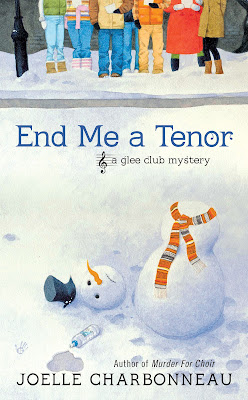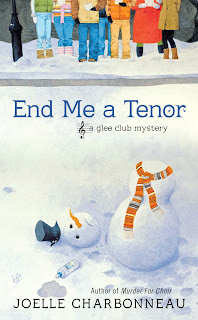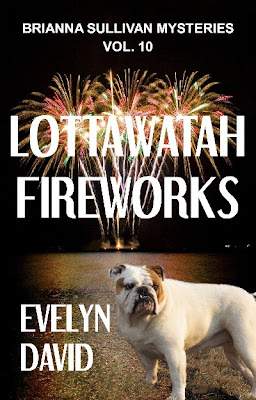What is a “young adult”?
by: Joelle Charbonneau
Last night, I was fortunate to be signing THE TESTING at the fabulous Boswell Book Company in Milwaukee, WI. I got to meet fabulous readers, talk about why I wrote The Testing and I even got to read a few pages. (Which I’m still not used to. Reading aloud about a camel wearing a hat is easier than reciting some of the stuff in The Testing…but I’m getting better at it. I think.) During the chat, a few readers had questions. Most, I had some kind of answer for. But there was one that stopped me cold.
A wonderful gentleman raised his hand and asked, “What is a young adult?”
Um….good question. I wish I had a good answer. But I didn’t. The conversation turned into the age appropriateness of the novel – which according to Houghton Mifflin Harcourt is 12 and up. But while I think that was mostly what he was looking for, I realized while I was driving home that it didn’t answer his question. At least, it didn’t answer it for me.
What is a young adult?
According to the definition on Wikipedia – a young adult is a person in the stages of early adulthood. That is the period that precedes middle adulthood. They seem to think that young adulthood is between the ages of 20-40. Hurray! According to Wikipedia I’m a young adult!
When I looked up the meaning on Dictionary.com, I found two different definitions that really intrigued me.
One was: a person in the early years of adulthood…which seems to agree with Wikipedia.
The second was: a teenager (used especially by publishers and librarians.)
Huh.
Okay, now does anyone else find it strange that young adult means something completely different in publishing than it does in the rest of the world? No wonder I had no idea how to define it to the gentleman who raised his hand tonight. But until he asked the question, I’d never really pondered what it means to be a young adult.
I teach teens. I’ve taught college students. Are all of them young adults? Well, they all fit the publisher’s age criteria, but the more I think about it the more I realize that that age range isn’t accurate. Not all people hit adulthood (or young adulthood) at the same time. I have had high school students who weigh decisions carefully before making choices about their future and college students who are happy to let their parents make any decisions for them. Some students are happy to spend most of their free time paying video games in their basement while others invest extra time in their studies or work to raise money for college tuition. They are all teens, but are they all young adults?
I have no idea.
Which is why I am asking “adults” – what is the definition of a “young adult” to you? And teens (if you’re out there) – what do you call yourself? Do you consider yourself a young adult in more than your reading or do you define yourself differently? Should I be calling you young adult, a teen or something else? I’d really like to know!





Good question. I can't believe 12 and up. That seems like MG to me, but like you said, the publishing world has a different definition. I was trying to decide if my book was YA or NA (new adult) so I made my characters under 18 to fit into what I call mature young adult. I think that extra word "mature" will help clarify, because it seems like young adult could be all across the board.
I think the term itself is pretty exclusive to the publishing/entertainment audience, talking as much about the product being tagged as the age of anyone who might consume it. I'd say it covers the teen years, generally, maybe cutting off around age 18.
I don't think it's a term at all applied to or useful for actual populations or groups of people outside that construct. Kids are 10 or maybe 12 and under; tweens (a word I hate) are, if they "are", 11 and 12; teens be teens; then you hit adult somewhere from 18 or older for a long, long stretch (hopefully!).
Actually, Joelle, publishers may count "young adult" as teens, but the stats on sales and reading show that more people over 20 and as old as 50 and 60 buy and read young adult fiction than teens. So, like some other things in publishing, in this case they're not quit on the ball with their definitions and delineations.